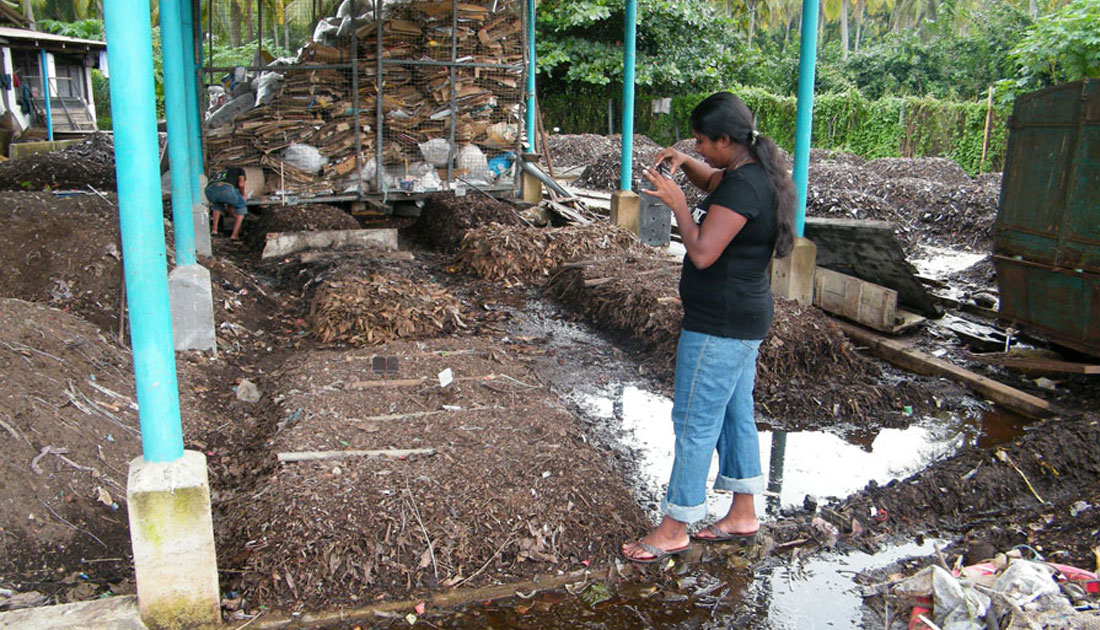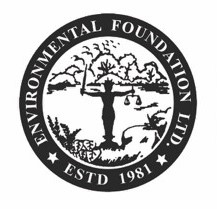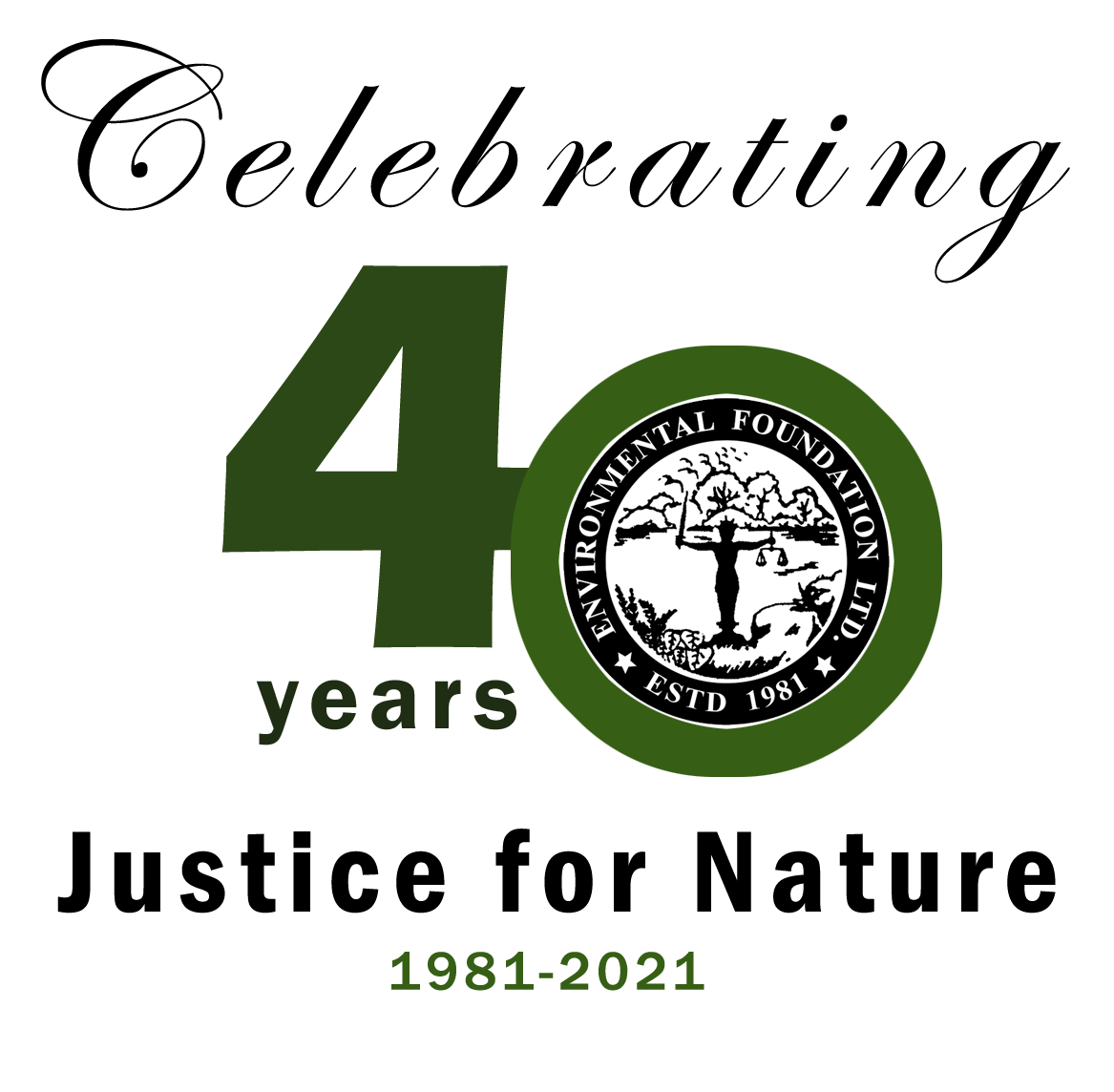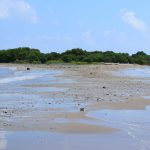
Solid Waste Management (SWM) is a pressing issue in the urban and rural areas of Sri Lanka, due to the lack of proper waste collection and disposal systems. Approaches such as composting, recycling and land filling have been initiated by different stakeholders to minimize the amount of solid waste disposed and manage it hygienically. However, one of the main challenges has been the disintegration of such approaches. Under the Green Recovery Program several hardware and software interventions were initiated to close the loop in waste management through an integrated approach to SWM.
Home Gardening and Waste Management at the Community Level in the Southern Province
PROJECT NAME
Green Recovery Program – Closing the Loop in Waste Management
PROJECT STATUS
Concluded
LOCATION
Southern and Eastern Province
The partnership helped tsunami affected families adopt environmentally friendly waste management practices. A ‘backdoor’ approach to waste composting and separation was introduced under the partnership, through the promotion of home gardening within the community. Training on organic home gardening techniques and composting were provided with material inputs of compost, seeds and plants. As a result, households were able to enjoy the benefits of composting immediately through pesticide free vegetables in their home gardens. This in turn helps improve nutrition, increase food security and household savings. While making compost, the households were also encouraged to separate recyclables and recycling business networks were developed to collect the recyclables from the villages. Waste minimization through refuse, reduce and reuse was promoted through community campaigns.
The Environmental Foundation Limited (EFL) worked with American Red Cross Water and Sanitation Program and Matara Sri Lanka Red Cross Society (SLRCS) staff to train volunteers and community leaders as social mobilizers to reach a wide range of beneficiary families at the village level.
Recycling in the Southern Province
Often the missing link between separation and recycling is the collection network for recyclables, especially polythene, glass and plastic. In order to close the loop in waste management, EFL obtained the support of a local youth group, Sumithuro Api, who had already taken the initiative to engage in paper recycling from paper-based waste. The group, after receiving training, engaged in collecting polythene and plastics from villages, which were then sent to local recycling centres.
The program supported T. W. Polypack in expanding its polythene recycling factory in Ahangama, Matara by purchasing machinery and constructing a new factory premises to increase their recycling capacity. In Dadalla, Galle, Roneasha Polymer Industries was supported to revive a polythene recycling plant through a private – non government – local government partnership with Arthacharya Foundation and Galle Municipal Council to improve recycling in the Galle district. These businesses have revived and established new polythene collection networks to absorb material to fulfil their factory capacities thereby developing market-based recyclable collection systems in their respective regions.
At the urban level, due to lack of space, people depend on local authority services for waste management. In order to complete the loop at the urban level the partnership supported the Weligama Urban Council, a pioneer in the country in composting municipal solid waste, to expand its composting yard and recyclable storage facility.
Social mobilization through approaches such as awareness, sensitization, motivation and community action by ‘shramadhana’, were key in binding the technical components when closing the loop in SWM.
Home Gardening and Waste Management at the Community Level in the Eastern Province
The partnership extended its work in the Southern Province to the Ampara District in the Eastern Province, to support the beneficiaries of the Community Reconstruction and Rehabilitation Program (CRRP) at the invitation of SLRCS and IFRC. EFL partnered with Gami Seva Sevana, a pioneer in organic home gardening in Sri Lanka to carry out community trainings.
The project targeted households in the Pottuvil and Thirukkovil Divisional Secretariat areas, where women are burdened with the responsibility of providing nutrition to the family under dire economic conditions. Some households were headed by women who had suffered from both the ethnic conflict and the 2004 tsunami. The area experiences an annual drought period, in which water shortage and hiking of food prices are common, with the burden being disproportionately borne by women.
Similar to the program in the Southern Province, beneficiaries were supported through training and provision of material, with an additional focus on water management. The program mobilized existing community networks set in place by the CRRP project, and worked with already established community based organizations and community leaders. EFL drew upon its long standing partnership with the CRRP program through training of its staff and absorbed already trained staff and volunteers.
Rekha Jayanthi from Thalalla South in the Matara District began composting organic waste from her household and started her own home garden through the assistance of partnership. This was not only a solution to the garbage issue she had at home; the entire family benefited through nutritious pesticide free vegetables, whilst they also spent less of their income on food. The entire family recognises the multiple interlinked benefits of the program and assist her regularly in her composting and home gardening activities.














